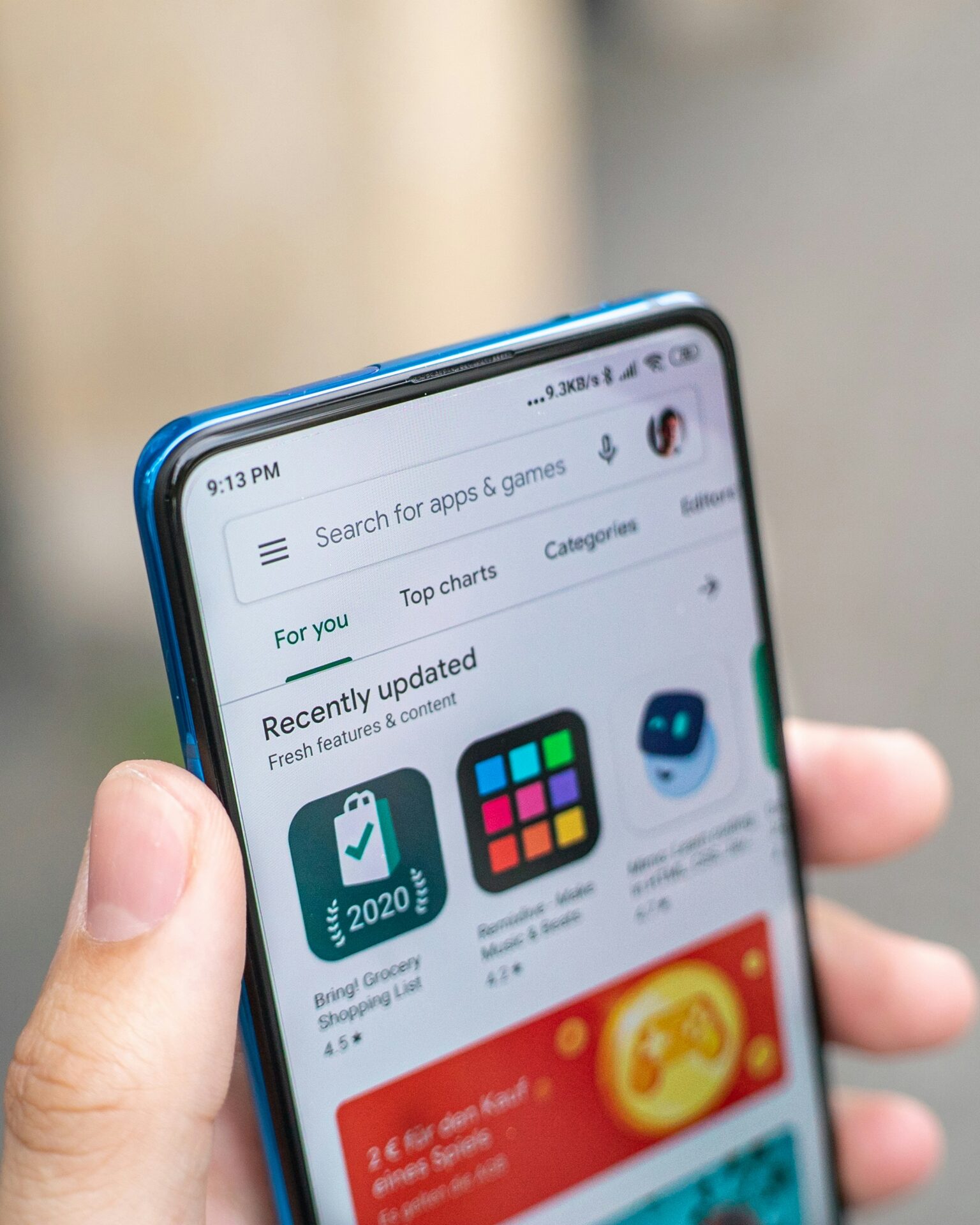The National Company Law Appellate Tribunal (NCLAT) has reduced the penalty imposed on Google by the Competition Commission of India (CCI) in the Android Play Store case.
The original fine of ₹936.44 crore ($109,449,047), levied in October 2022 for alleged abuse of dominance in the mobile app market, has been reduced by approximately 75% to ₹216.69 crore ($25,326,250). The tribunal has directed Google to deposit the revised amount within a month, Press Reader reported.
NCLAT’s Ruling and Partial Acceptance of Google’s Appeal
The decision, delivered by an NCLAT bench led by Chairperson Justice Ashok Bhushan, partially upheld Google’s appeal, setting aside certain elements of CCI’s 2022 ruling while maintaining others. Google had already deposited 10% of the total penalty, which the tribunal acknowledged.
The case primarily revolved around Google’s practices on the Play Store, where CCI found evidence of anti-competitive behavior. Specifically, CCI highlighted Google’s preferential treatment of YouTube, which was exempted from Google Play Billing System (GPBS) service fees, unlike other applications. Additionally, Google Pay (GPay) was found to have been given a competitive advantage through its superior “intent flow” integration, while rival UPI apps were restricted to the less efficient “collect flow,” leading to concerns over restricted market access.
CCI’s Orders and Implications for Google
As part of its October 2022 order, CCI had mandated Google to discontinue its anti-competitive practices and implement changes to ensure a fair marketplace. These included:
- Allowing third-party billing systems on the Play Store.
- Removing anti-steering provisions that prevented developers from promoting alternative payment options.
- Ensuring equal treatment of all UPI apps without preferential integration for Google Pay.
The initial penalty was calculated at 7% of Google’s average relevant turnover. CCI argued that Google’s high service fees on Play Store purchases restricted developers’ ability to invest in technological innovation. According to the regulator, alternative payment processors typically charge significantly lower fees, around 1%, which could benefit developers and foster greater competition.
Google’s Defense and Appeal
Google challenged the CCI ruling in January 2023, arguing that the penalty was excessive and that the regulator had failed to provide sufficient evidence of anti-competitive harm. The company contended that CCI had wrongly defined the relevant market by excluding alternative digital payment methods, such as credit and debit cards.
Furthermore, Google asserted that GPBS merely collected service fees and did not prevent other payment processors from operating in India. It also argued that its integration with UPI adhered to National Payments Corporation of India (NPCI) regulations and did not constitute a restriction on competition.
Broader Context and Market Impact
The Play Store fine was the second major penalty imposed on Google by CCI in 2022. In a separate case related to its dominance in the Android ecosystem, the company was fined ₹1,337.76 crore ($156,517,920), bringing its total penalties in India to over ₹2,200 crore ($257,360,000). While Google complied with the Android-related fine, it opted to contest the Play Store penalty, leading to NCLAT’s latest ruling.
This decision provides relief to Google, which dominates the Indian smartphone market with Android’s 94.56% market share, according to StatCounter. Apple’s iOS, in comparison, holds just 3.93% of the market. Both Google and Apple charge commissions ranging from 15% to 30% on paid apps and in-app purchases in India.
A detailed judgment from NCLAT is still awaited, which will further clarify the tribunal’s rationale behind reducing the penalty while maintaining key aspects of CCI’s findings. .
